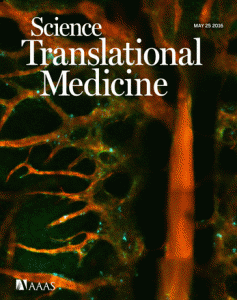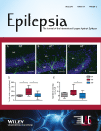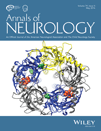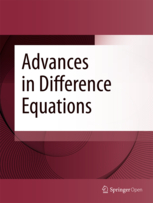 A leading medical journal is taking a second look at a recent high-profile paper about elephants’ lower risk of cancer, after receiving a call for retraction from a somewhat unusual corner: the animal rights group PETA.
A leading medical journal is taking a second look at a recent high-profile paper about elephants’ lower risk of cancer, after receiving a call for retraction from a somewhat unusual corner: the animal rights group PETA.
This isn’t the first time the activist group has called for a retraction — last year, it nudged a journal to pull a paper that had been flagged for fraud by the U.S. Office of Research Integrity. Their latest target: A 2015 paper in JAMA, which PETA claims contains inaccurate information.
What’s more, the organization argues, Ringling Bros and Barnum & Bailey Circus — which partly funded the research — is using the findings as “justification for the continued use of abusive training techniques with elephants.” Yesterday, PETA sent a letter to the journal asking it to either retract the paper or issue an expression of concern, claiming: Continue reading JAMA takes all calls for retraction seriously — even from PETA








